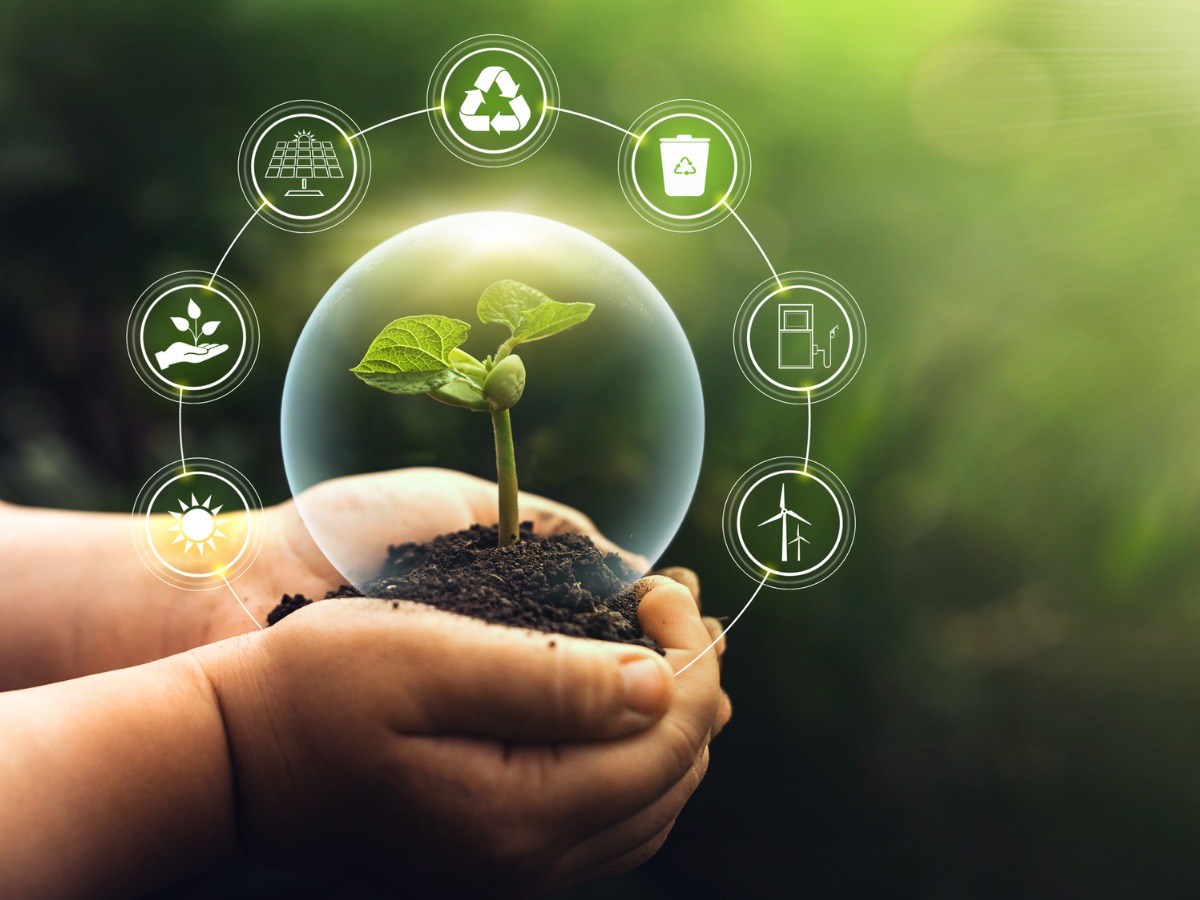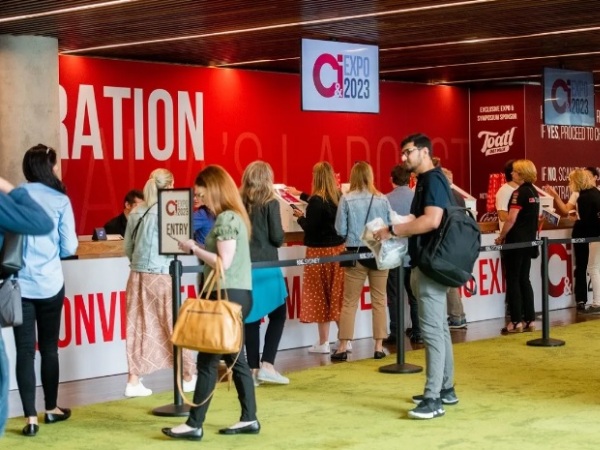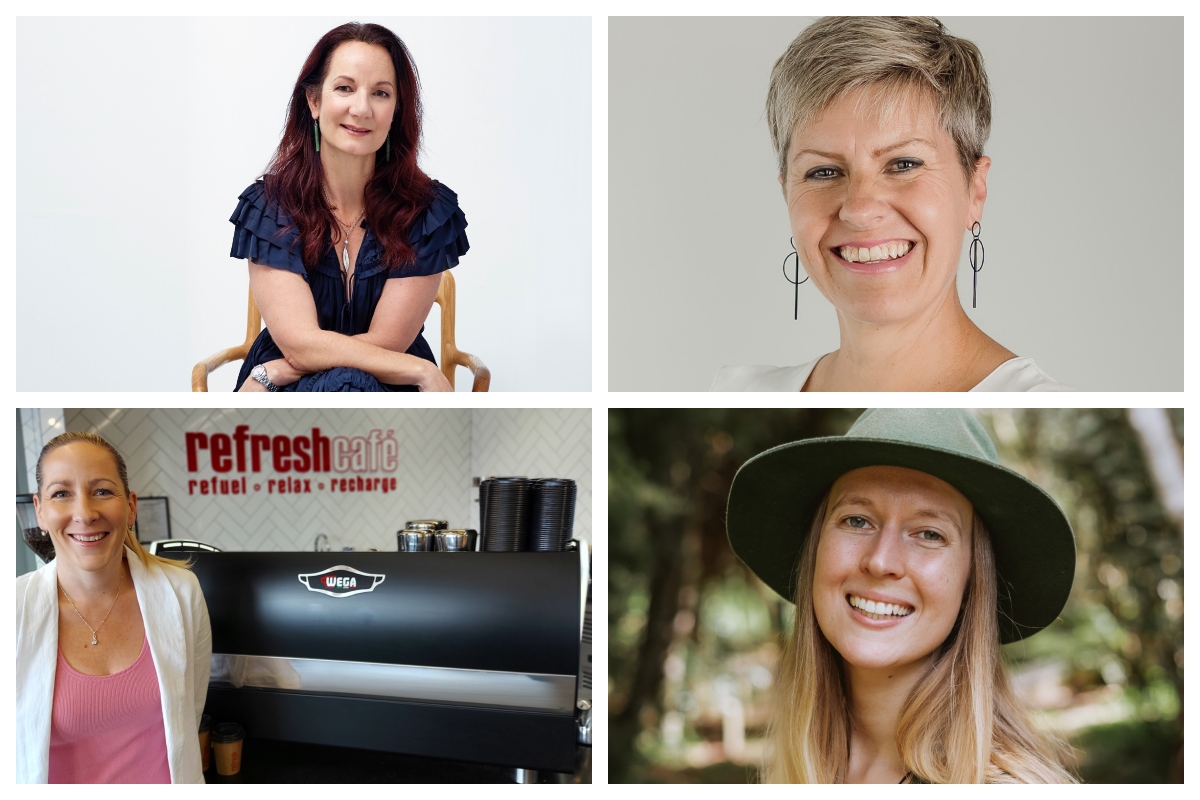The impacts of climate change are being felt and seen around the world in devastating measures, from flooding in India, droughts in Europe, to bushfires here in our own backyard.
With concern growing about how to not only manage, but prevent, these catastrophes, companies are under increasing pressure to reduce their impact towards climate change.
To do this, businesses must first measure their current environmental footprint, including the amount of greenhouse and carbon dioxide emissions they are responsible for, then identify a solution that reduces this impact but also does not considerably damage their bottom line.
This is not an easy process. But it is an important one.
Only a handful of countries in the world have not committed to a Net Zero target before 2050. Australia has only just done so. Despite lagging as a nation, many companies operating within Australia have committed to a sustainability target.
Recent research by IRI has identified that 55 per cent of Australians try to buy environmentally friendly products, and that this trend rings true across all age demographics – from empty nesters to families with young kids through to retired couples.
Daniel Bone, Insights Director, IRI, said that the research highlights the need for FMCG retailers and brands to not only understand the complexities and characteristics of a sustainability mindset but also be able to respond through action in a meaningful way to attract a greater share of shoppers spend.
“Shoppers have spoken in the strongest possible terms about their views on sustainability – they want to save the planet and feel that they can help do this on a daily basis by making informed and proactive purchasing decisions with their food and grocery shopping.”
Setting targets
Many FMCG companies have gone public with their sustainability commitments, which predominantly focus on the way they source their ingredients and their production methods.
One such company is The Arnott’s Group, which has committed itself to a range of targets including The Arnott’s Group will sustainability grow and source 100 per cent of its key ingredients by 2035, and reduce, reuse or repurpose plastic packaging across Australia and New Zealand by 10 per cent by 2025.
It will also increase choice, opportunity, and wellbeing by promoting inclusion and belonging, supporting communities, and providing diverse food options and guidance on nutrition.
Simon Lowden, Chief Transformation Officer, Arnott’s, said the company will be focusing on three key areas, including how ingredients are sourced, how products are made, and how communities are connected.
“Our sustainability strategy focuses on the areas where we as a business can have the most meaningful and immediate impact with consideration to our supply chain, our retailers and our consumers.”
Frucor Suntory has set five targets to achieve before 2030, they include contributing zero waste to landfill, using 100 per cent recyclable packaging, reducing greenhouse gas (GHG) emissions by 35 per cent, reducing water usage by 20 per cent and that one-in-three drinks sold will contain low or no sugar.
Cameron Davidson, Chief Consumer Officer, Frucor Suntory, said that since 2017 they have made great progress across all areas of their sustainability and have implemented several projects that are delivering encouraging results.
“We have a comprehensive calendar of activities building on the progress we’ve made so far – specifically a continued focus on developing opportunities and solutions to the issues of packaging and climate change. This involves a shift towards a circular economy, and ongoing efforts to decarbonise our operations.”
The Ferrero Group has outlined four key pillars in which they are working towards; protect the environment, source ingredients sustainably, promote responsible consumption and empower people.
“One of Ferrero’s ambitious new targets is to significantly reduce the group’s carbon footprint by 2030. These are science-based carbon targets, validated by the Science Based Targets initiative in December 2020, using 2018 as the base year will include reducing absolute Scope One and Two emissions by 50 per cent globally by 2030 and reducing Scope One, Two and Three emissions intensity by 43 per cent per tonne of product produced at a global level,” said a Ferrero Group spokesperson.
The first target covers 100 per cent of Scope One and Two emissions for the group’s plants, warehouses and head office. The second target covers the entire value chain.
Nestlé Australia is another FMCG company that has set a number of commitments including halving GHG emissions by 2030 and reaching Net Zero by 2050. It also plans on making packaging 100 per cent recyclable or reusable by 2025 and is aiming for 100 per cent certified sustainable cocoa and coffee globally by 2025.
Overcoming challenges
Due to many of these sustainability challenges having never been faced before, the methods for achieving these targets are not simple and often involve innovative new technologies and practices, all which costs money.
Margaret Stuart, Head of Corporate Affairs & Sustainability, Nestlé Australia, said that despite the obvious costs associated with reaching their sustainability targets, it is imperative they do so.
“Achieving our sustainability commitments can’t wait – and neither can we. Globally, we have invested considerably to accelerate our sustainability initiatives across packaging, improving water stewardship, through to regenerative agriculture. These investments are imperative to the long-term success of our business.”
Davidson, Frucor Suntory, said it is too early to tell if these new sustainability costs would impact revenue.
“There have been costs and savings with rolling out new procedures, creating new partnerships and investing in technology to help us meet our sustainability goals. We believe it’s our social responsibility to have a positive impact on the world around us, and we want to make sustainability an easier choice for consumers and commercial partners.”
While Lowden, Arnott’s Group, is of the belief that for sustainability to be widely adopted, it must stack up commercially.
“Everything that we’re doing in this space, we’re doing innovatively and in collaboration with our partners to identify viable sustainable alternatives.”
A less direct challenge is that companies with a heavy reliance on raw materials may see these materials become harder to source as the impact of climate and environmental challenges are felt around the globe.
Lowden explained: “We work closely with our supplier network to manage some of these challenges and explore opportunities to engage technological solutions. We also recognise the role that we play in driving the demand for repurposed plastics and enhancing recycling technologies so that as an industry we are better placed to achieve a circular economy for packaging materials.”
Measuring progress
Most companies have now set a sustainability target and committed to releasing annual reports detailing their progress and identifying areas for improvement. There are also global initiatives such as the United Nation’s Sustainable Development Goals (SGDs) which is a list of 17 global goals intended to be reached by 2030.
Another recognised metric for measuring progress is the Science Based Target initiative (SBTi), which Ferrero Group and Nestlé are both using. This initiative allows companies to submit their targets for approval and if they are in line with what the latest climate science deemed necessary to meet the goals of the Paris Agreement, they can then communicate those targets publicly and work towards them.
Arnott’s Group only released its first public sustainability statement earlier this year, but Lowden said they are working hard to meet and exceed the targets they have set for themselves.
“We recognise that as an iconic Australian brand we play a significant role in the Australian food system and as such, have a responsibility to make it more sustainable. To do so, we are focusing our energy on conducting business within the natural boundaries of the planet and placing sustainability at the centre of our business strategy. It is important that as we continue to grow our business, we are shrinking our environmental impact on the planet and supporting the communities in which we operate.”
Frucor Suntory has partnered with an independent advisory board to ensure they are on track with their target.
“To help us accurately measure our CO2 emissions, we require all suppliers, site managers and manufacturers to provide us with regular internal and external reports. Since 2017, we have been working alongside Toitū Envirocare, who actively – and independently – measure and assess us to make sure we’re making progress towards our CO2 target,” said Davidson.
Ferrero Group say that reliability and transparency are critical to ensure sustainability and that by establishing direct long-term commercial relationships with producers and suppliers of raw materials they can make certain to stick to their sustainability targets.
“We require all suppliers and collaborators to adhere to our Codes (such as the Code of Business Conduct and Supplier Code) and to comply with our non-negotiable high standards.”
Despite Ferrero Group implementing these sustainability measures, they have not seen a drop in revenue, in fact the opposite, ending the 2020 financial year with an increased turnover of 7.8 per cent on the previous year.
“Consumers are voting with their wallets so as a company it’s not enough just to sell products. A company needs clear commitments and activities on sustainability.”



